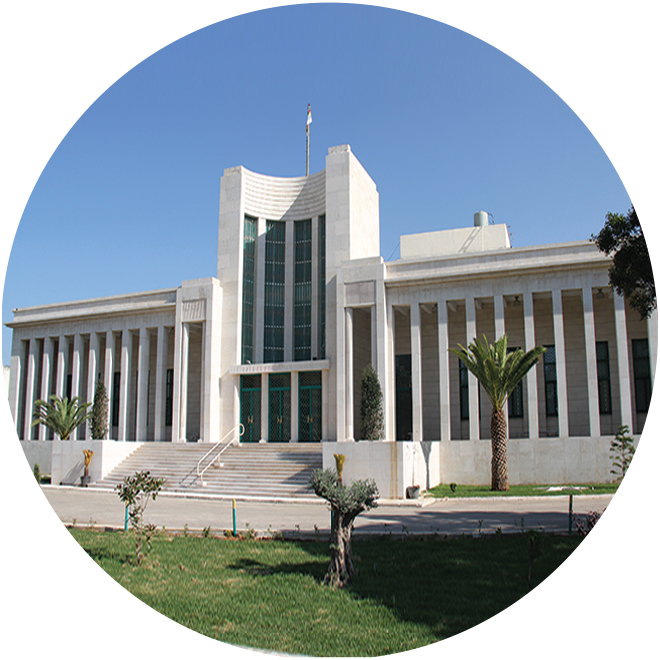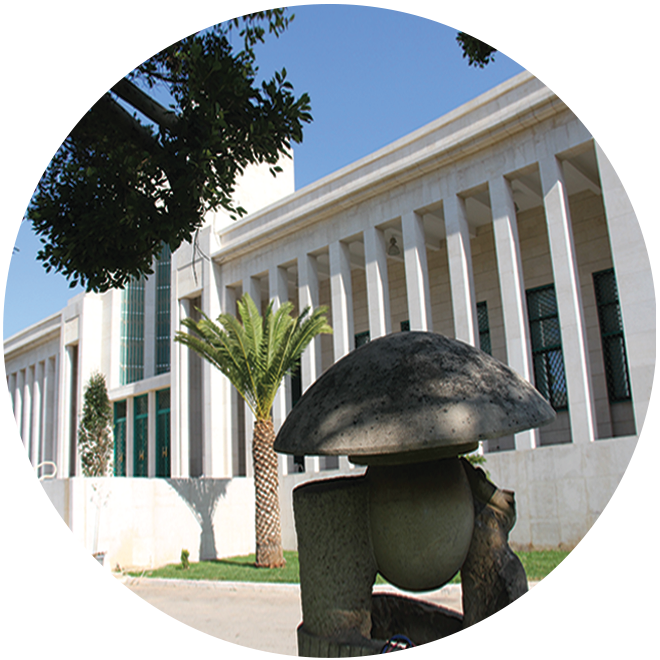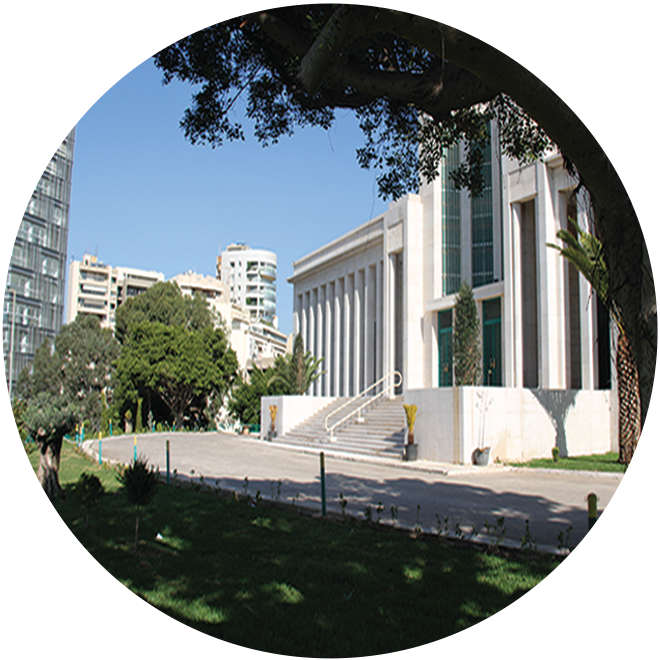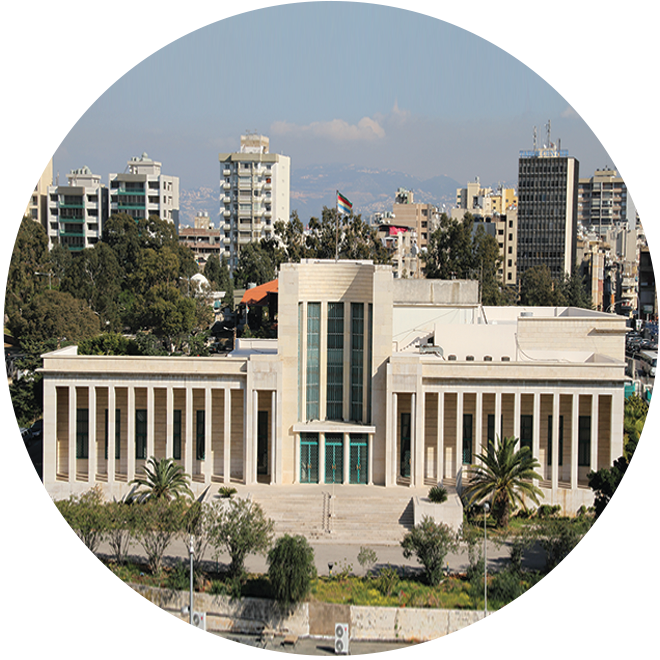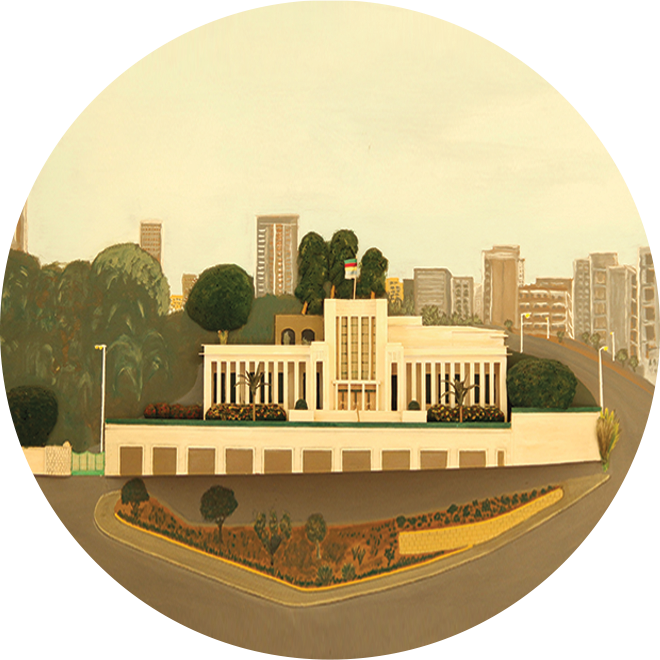A Juristic Research into Divorce and the Non-Return of the Divorced Woman among the Mouwahidoune Druze
The Mosaic Sharia bade divorce at the time it was forbidden by Christianity. The divorce bidden by legislation is despised mercilessness. Christianity came to inform people that marriage is sacred and holy; thus, family ties should not be broken due to whim, caprice, or self-fortune, with what goes beyond the laws that were established for the welfare and happiness of humanity. Consequently, forbidding divorce was the wisdom of the Christian era.
Islam, then, came to emphasize the sanctity of the marriage contract by calling it a solemn covenant, and the holiness of marital life by making it one of the verses of contemplation in the sanctity of the Creator who coupled the male and female with a bond not less significant than that of Christianity, as said by the Prophet (PBUH): “Gabriel advised me about women so much that I thought one should not divorce them except if they commit adultery.”
Those words of the Great Prophet shows us the wisdom of legislation in the times of Christianity, by forbidding divorce except in case of adultery as revealed in the bible.
The legislation of divorce in Islam is but an emphasis on the holiness of life with what maintains the sanctity of legislation, if considered as an inevitably mandatory solution by mankind.
The sanctity of marriage calls for the unity of family whose tight construction shall support one another with mercy, harmony, and sincerity; therefore, forbidding divorce at the time the family is in a state of disagreement and familial longevity, shall impose dark clouds of grief and sorrow to dominate the spouses’ life. As a result, the freedom of man, for whom legislations were developed, would be influenced and the sanctity of marriage would become a bond that oppresses human freedom, the freedom of proud souls, not that of whim and temper; moreover, the sacred bond becomes the hangman’s rope and a useless restriction unable to keep the sanctity of marriage. Consequently, the Islam bid divorce for the Messenger (PBUH) said, “The lawful thing Allah hates most is divorce.”
The law of personal status of the Mouwahidoun Druze sect listed the issues that require the judgment of divorce to be pronounced as follows:
Article (37): The marriage contract could not be dissolved except with a judgment pronounced by the Confessional judge.
Article (38): The husband is forbidden his divorcee after the sentence of their separation is pronounced by the judge.
Article (39): If the wife shall notice, as a defect upon the approach before or after the marriage, that her husband was affected with a harmful-to-live-with illness such as leprosy, syphilis, etc., she shall consult the judge and demand a separation. If the illness is incurable, the judge shall sentence them to separate at once; if there was hope that the illness might be cured, the judge shall postpone the separation for about two years deciding at once the temporary separation of the spouses. If the illness is not cured during that period and the husband refuses to divorce while the wife insists to, the judge shall sentence them to separate. Yet disabilities like blindness or limping are not a cause for separation.
Article (40): If the husband was affected with impotence, the wife shall ask for a separation as long as his impotence is medically proved to be incurable.
Article (41): If the husband becomes insane after marriage and the wife consults the judge asking for a separation, the judge shall postpone considering her request for a year. If the husband remains insane during that period and the wife insists, he shall sentence them to separate.
Article (42): The spouses shall end their marriage by mutual consent. This breakup shall be announced in the presence of two witnesses before the judge who pronounces the judgment.
Article (43): If the husband was charged with adultery, the wife shall ask for separation. If the wife was charged with adultery and the husband hereby divorced her, he shall be excused of the deferred dowry.
Article (44): If the husband was sentenced to imprisonment for ten years or more, of which he spent five consecutive years, the wife shall ask for a separation at the end of that period.
Article (45): If the husband disappeared or went absent for 3 years, and the alimony could not be collected, the judge shall sentence them to separate, upon the wife requests.
However, if the alimony was collected, her request shall not be accepted except if the absence lasted five consecutive years. If the present husband was sentenced to pay the alimony, yet couldn’t be collected within two years, the wife shall also ask for a separation.
Article (46): If a marriage was sentenced to end due to the absence of the husband and the wife remarried another man, and then the former husband appeared again, his reappearance shall not cancel her latter marriage.
Issued by the Bureau of Mashyakhat Al Aql of
Mouwahidoune Druze Sect









